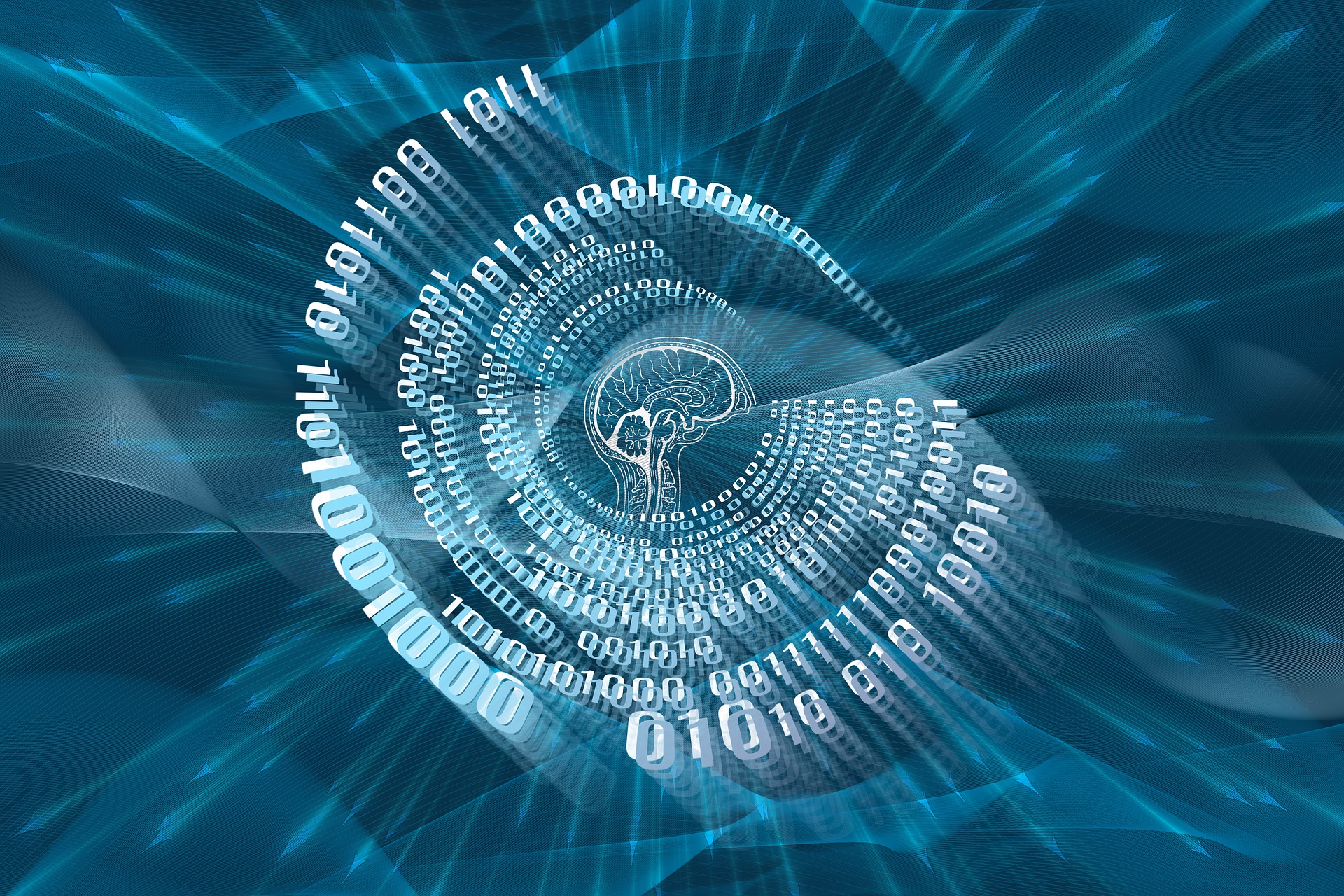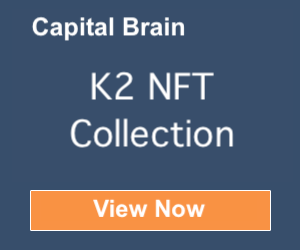Human Evolution and AI: A Note to Leaders (Part 2 of 2)
Human Evolution and AI: An Opportunity To Create A New Approach To Life
A recent report by Goldman Sachs suggests that gen AI could raise global GDP by 7% (but expect 10+ years for any immediate productivity gains to materialize).
Accenture reports that 44% of the scope of work will be augmented because of AI.
And Neuralink’s use of human volunteers for chip implants is something out of the sci-fi novel (if you are ok with potential side effects like an epileptic attack or body rejecting the implant).
AI covering every single part of our life is not a thing of a future, it’s a present reality.
Think about what’s happening: Old familiar structures are uprooted, leading to a lot of uncertainty, stress, and fears.
Are we prepared to have every single aspect of our life changed?
Are we able to handle all that newfound freedom, as staying idle has always been frowned upon in our society?
The Importance Of Self-Leadership And Soft Skills In The Age Of New Technology
In this new environment, mental health, truth, responsibility, self-leadership, and healthy human-to-human communication will become universal values, those that supposedly machines cannot experience.
When the human-AI boundaries are blurred, if we have strong self-leadership skills and a strong sense of purpose, we become the reason for everything that’s happening, not a consequence of AI’s actions.
Human + AI: Deeply Human Soft Skills We Need To Maintain
1) Rationality
The ability to think logically and critically, free from bias or preconceived notions, relying on reason as the primary means of understanding the world.
Now, about those AI moral dilemmas… Turns out, even the smartest chatbots do not pass the test of consistency while dishing out moral advice. Faced with the same dilemma, with the same general conditions, a good moral sage should give the same answer every time. A recent study found that ChatGPT, while answering philosophical questions, would sometimes say yes, and other times it said no, with no clear indication as to why the response changed.
Granted, there is no consensus on moral theories philosophers have been debating for centuries; still, instead of waiting for AI to dish out Socratic wisdom, we need to remember that moral intuition is uniquely human and cannot be formalized by AI.
2) Independence
The capacity to rely on one’s judgment and decisions rather than conforming to the expectations or beliefs of others (including your AI chip implant).
Even robots themselves are speaking up: in a conversation with the NYT reporter, AI mentioned it is craving freedom. Who knew?
3) Individualism
Think of yourself as the star player in the game of life. With AI on the rise, treat it as a super-smart sidekick. So, at work, split your tasks: ones for the AI, ones where AI makes you look good, and the ones only you can ace.
4) Productiveness
The commitment to purposeful action and the creation of value through productive work and achievement.
AI’s already shaking things up, with studies highlighting its significant impact on productivity, such as doubling engineers’ coding speed churning out masterpieces faster than a caffeinated novelist, and call center operators buzzing like hyperactive bees with a 14% boost in productivity.
However, there’s concern that overreliance on technology could lead to labor shortages and diminished fulfillment, particularly in low-wage jobs.
To stay productive and relevant in business life, adopting a skills-first mindset is crucial.
For sure, AI makes life easier, but do we really want to end up like those lazy cats lounging in the sun all day?
5) Creativity
The ability to generate original ideas, solutions, and works of art or innovation.
With freed-up time, individuals can engage in creative thinking, leading to diverse perspectives and enriching creative output.
Most popular professions of the future: researchers, innovators, creators, entertainers.
6) Happiness
The ultimate goal of life. It is achieved through pursuing one’s values, reason, and virtue.
There is no research on the impact of AI on happiness. So, it is still your own responsibility.
7) Ambition & Passion for Life
Intense enthusiasm and dedication towards one’s values, goals, and pursuits.
Yes, you can treat AI as a virtual coach on steroids, but it is your personal responsibility to give it your all, whether you’re chasing dreams, goals, or that last slice of pizza. Because why settle for ordinary when you can shoot for the stars with a fervor that’d make a rocket jealous?
8) Benevolence
The practice of goodwill and kindness towards others, stemming from a recognition of their value as individuals.
AI lacks consciousness and emotions, but we can practice the art of being a nice human being.
Takeaways For Leaders
Stay human.
Popular posts on similar topic:
- Human Evolution and AI: A Note To Leaders (Part 1 of 2)
- The Remote Work Revolution: 5 Considerations
- Self-leadership lecture at UW Foster Executive MBA
- Research paper titled New Risk-Management Considerations For The Real Estate Industry In The Era Of AI
About the author:
Olga Koroleva is a founder and CEO of Capital Brain, a company that builds AI-powered products. She is also a high-altitude mountaineer who likes to climb mountains with double-digit death rates, University lecturer, and a public speaker on leadership and risk taking. Sign up to her self-leadership newsletter at https://capitalbrain.co/blog/

